My International Experience as a Laidlaw Scholar
The Laidlaw Scholarship has the idealistic objective of nurturing cohorts of future global leaders, capable of tolerant views and welcoming attitudes towards diversity in culture, ethnicity, and religion. Although at the beginning of my journey with Laidlaw I was skeptical about my capacity to achieve such an ambitious goal in just two years, now that I am reaching the end of the program I can genuinely appreciate how international and diverse my experience has been, and how much it has shaped me. I believe that the Laidlaw program was truly a global experience, both in the composition of the student cohort and through the internationality of the “Leadership in Action” (LiA) project.
Fellow scholars and mentors at Laidlaw span a great number of nationalities and interests. Being an international student, I was already accustomed to diversity at university, but the Laidlaw cohort truly exposed me to a cornucopia of human characters and lived experiences. As a STEM student, I felt blessed to hear discussions of history and philosophy by the humanities students (especially Lucía, Matt, and Rob) when I first spent time with them at the Cumberland Lodge retreat. Moreover, I was amazed by the effort and involvement of some of the scholars (Sam, Leo, Amanda, Lizzie, Badria) who support their communities all over the world through volunteering and active participation. The people I met at Laidlaw, and the common journey we shared, were a refreshing reminder of how ambition and academic brightness can become vehicles for positive international cooperation.
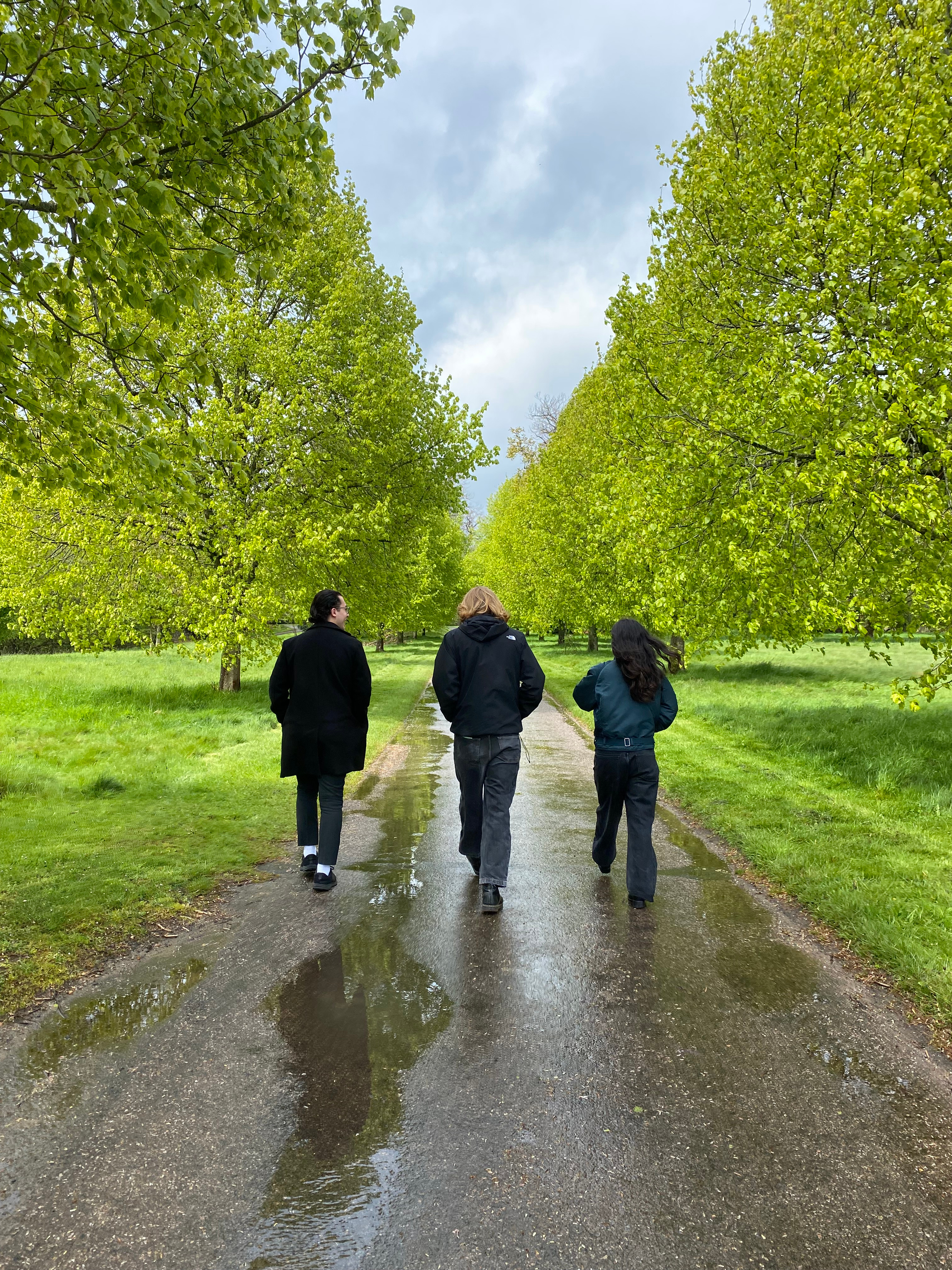
|
The Laidlaw Society at UCL |
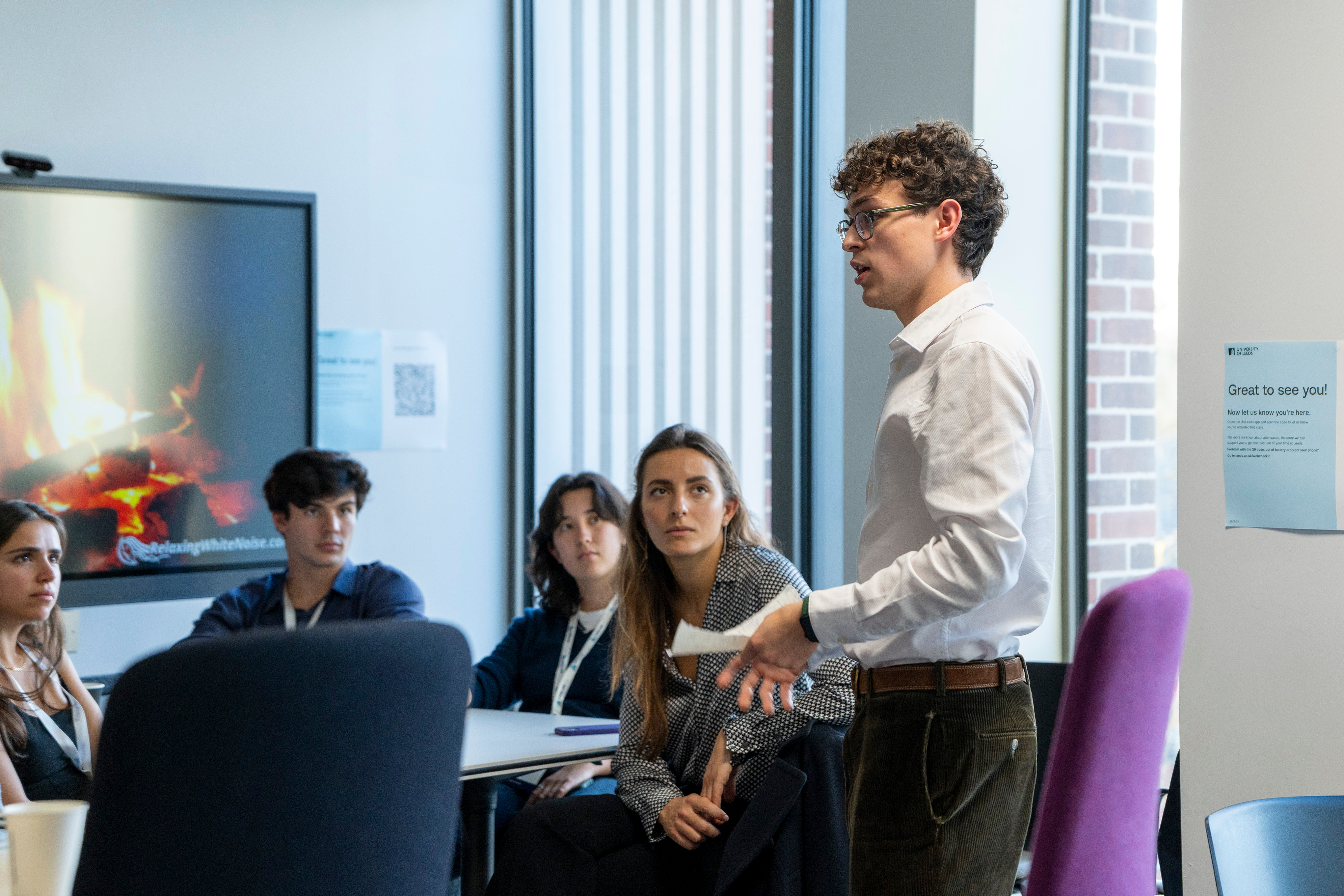
|
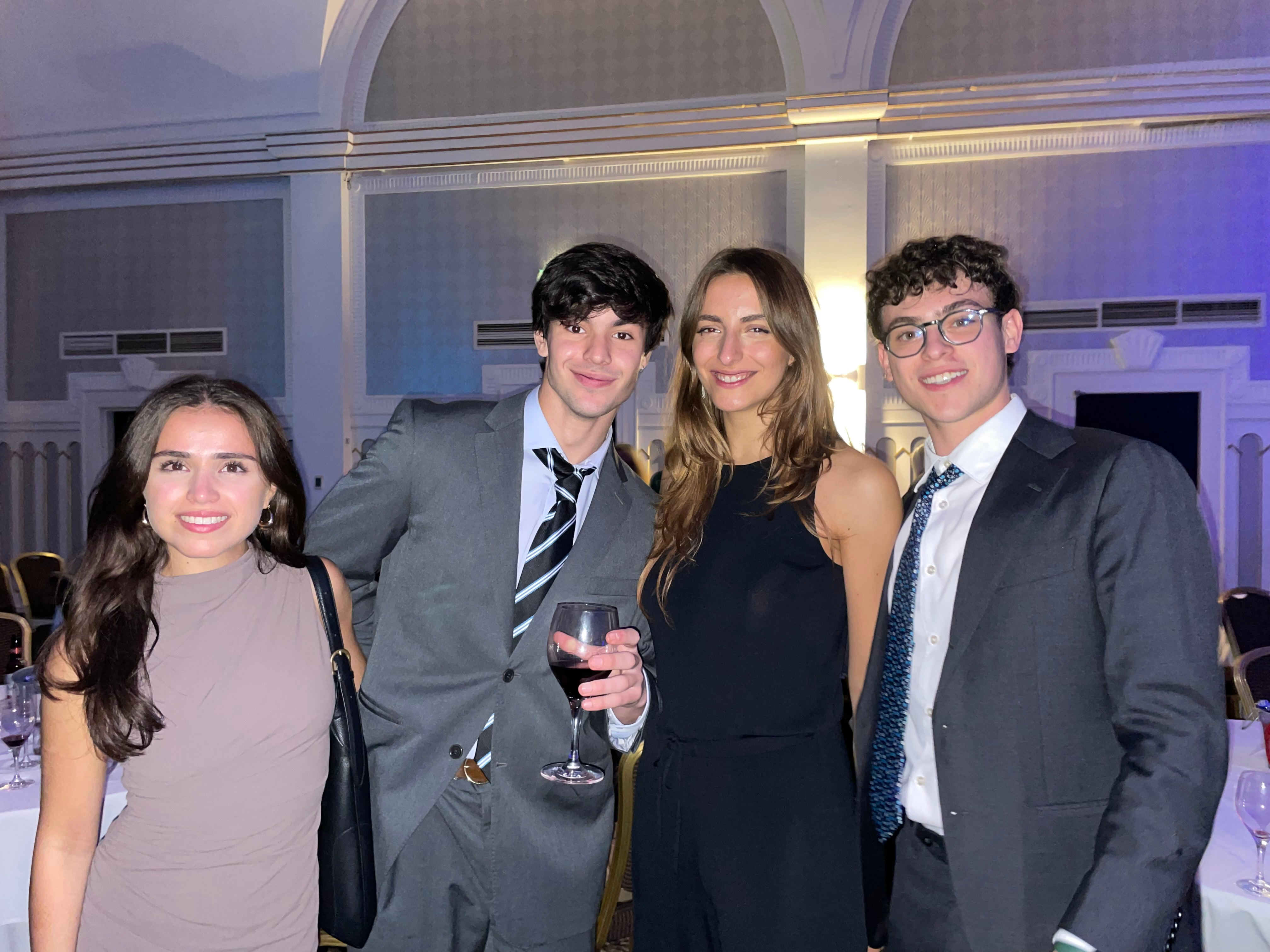 Gala night at the Laidlaw Conference in Leeds Gala night at the Laidlaw Conference in Leeds |
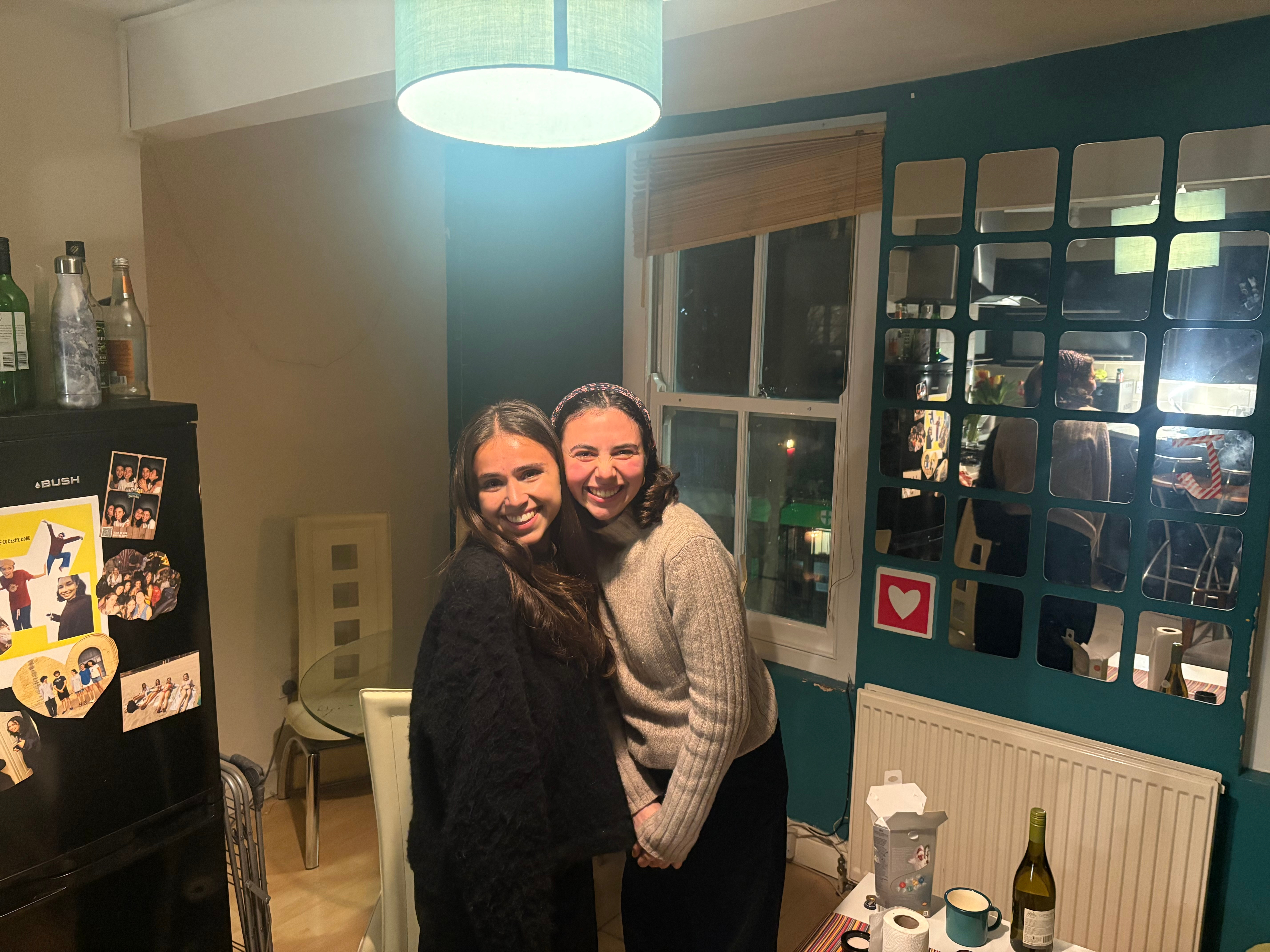
Another international aspect of the program was the LiA, a six-week volunteering project to be completed abroad. Unfortunately, due to an unforeseen knee surgery, I could not complete my LiA overseas. Nonetheless, I collaborated in an immensely international environment during my time at the Portland Trust in London.
The Trust is a think-tank that has strived to foster economic development in Palestine for over twenty years. The organisation has an office in Ramallah, and most of my colleagues had spent prolonged periods in the West Bank. By working with them and attending daily calls with clients and partners located in the region, I was exposed to Palestinian culture and its bold character.
My colleague Tamara, involved in projects on the reform and reconstruction of the educational system, facilitated my immersion in Palestinian culture. Through her, I learned about the daily struggles and suffering of the people, but also about their shared values, aspirations, and sumud (“steadfastness”), embodied by so many Palestinian students and academics, particularly Dr. Mona. Moreover, my work in healthcare projects with my colleague Hugo exposed me to incredible healthcare professionals, resilient and brave in the face of dire political and economic conditions (Dr. Mounir, Dr. Walid, the Hakini team). During my time at the Trust, I also had the fortune of working on a cross-border project with an Israeli charity that sought to expand a clinical trial from West to East Jerusalem, allowing Palestinians to benefit from cutting-edge treatments, a testament to the possibility of building peace together from the bottom-up.
Working at the Trust was a transformative experience that challenged my prejudices and cultural biases, allowing me to empathise and even despair alongside so many people whose realities differ from my own. It taught me that peace is built through compromise, yet also that certain core values can never be compromised.
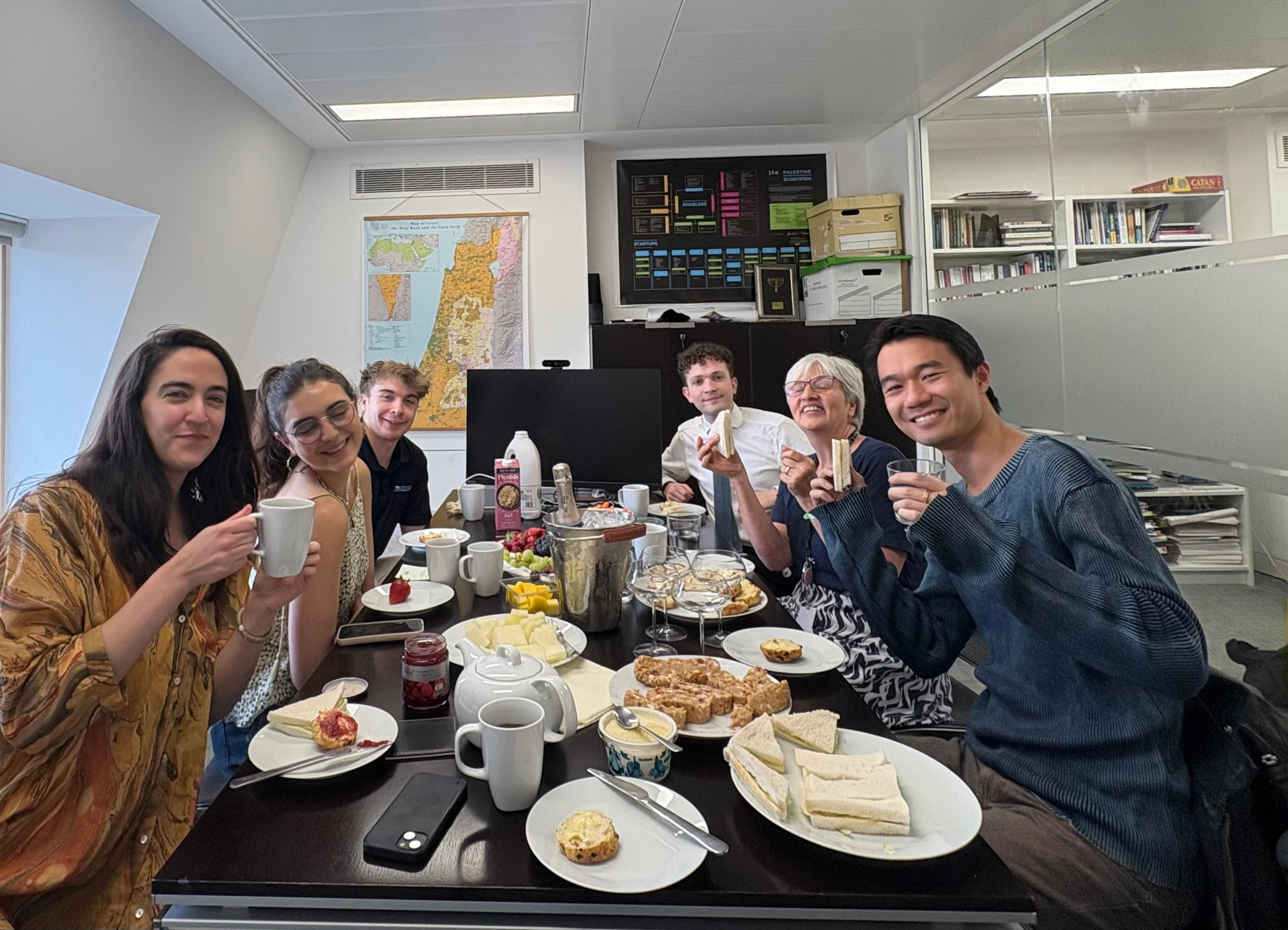
|
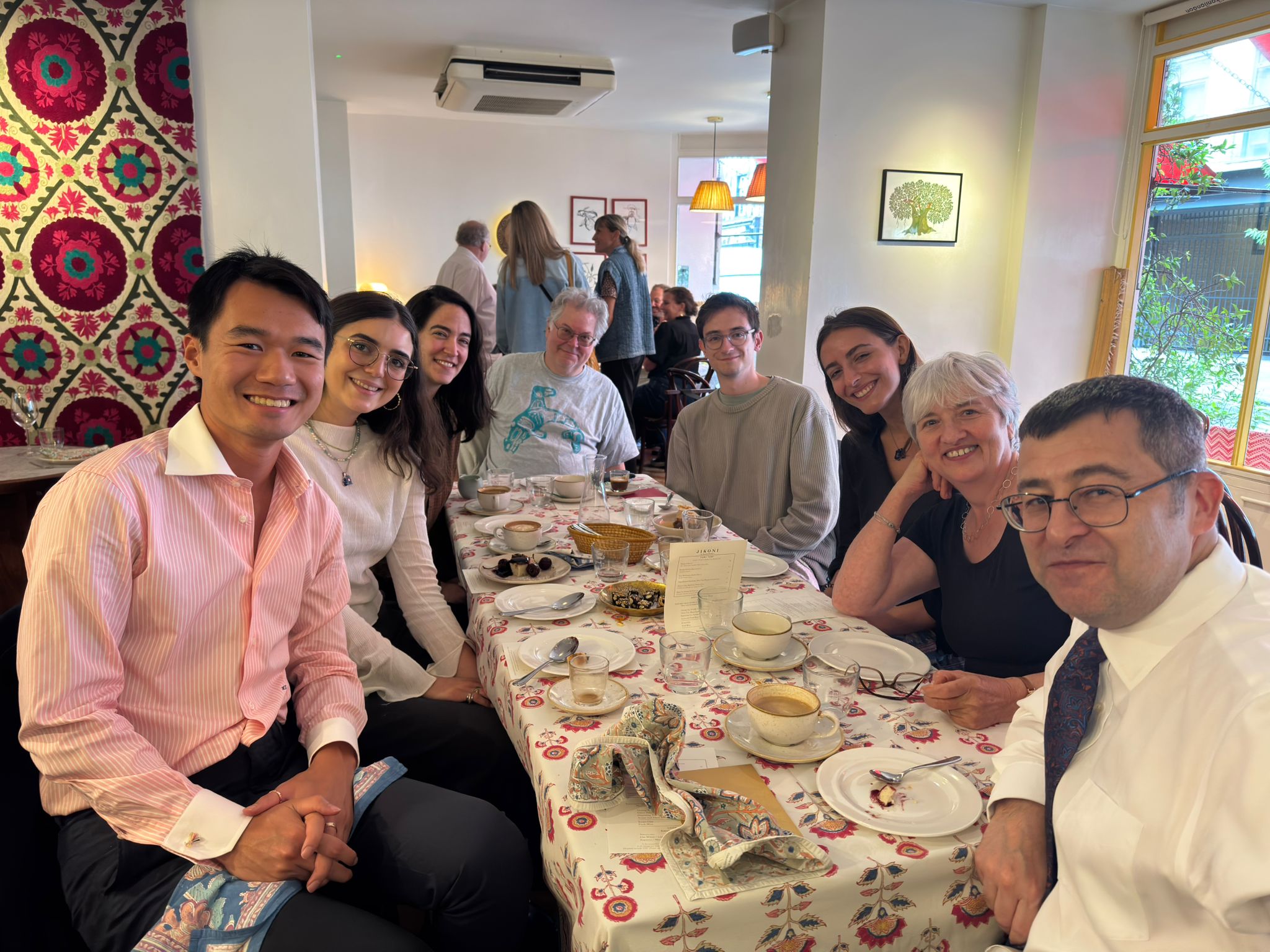
|
Now, at the end of these two years in the Laidlaw Research and Leadership Program, I can say that, owing to the people I met and the work I undertook, I know the world a little better or, in a truly Socratic fashion, that I better understand how vast the world is and how little I know about it. This realisation, I believe, will make me a wiser, kinder, and more forgiving leader.
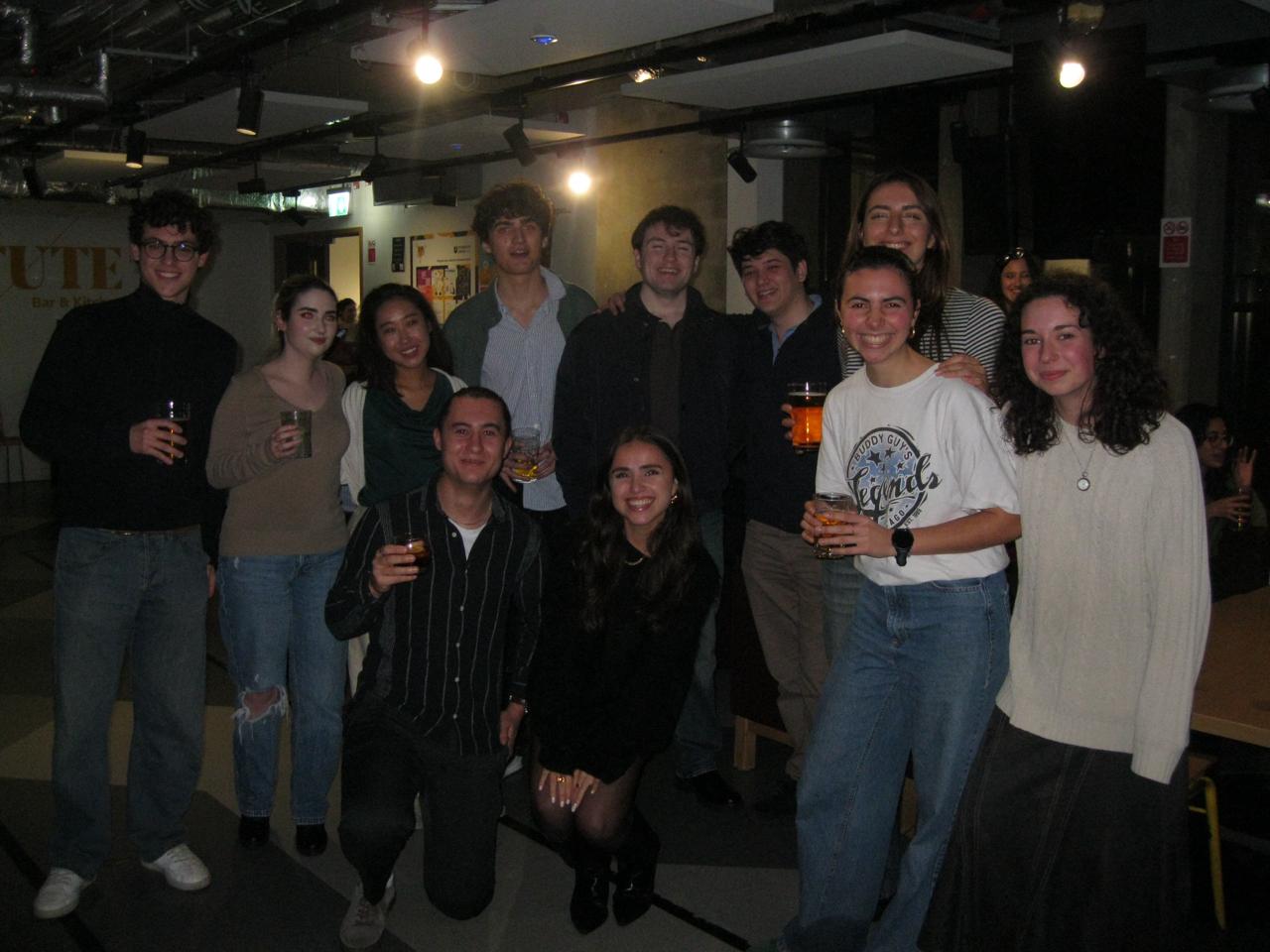
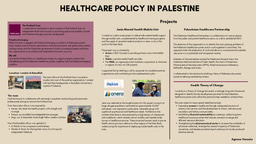


Please sign in
If you are a registered user on Laidlaw Scholars Network, please sign in